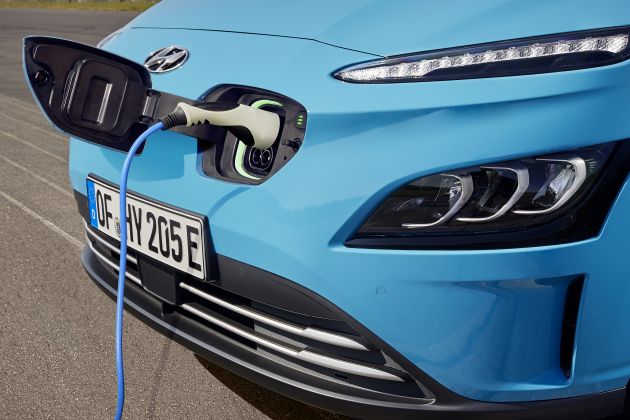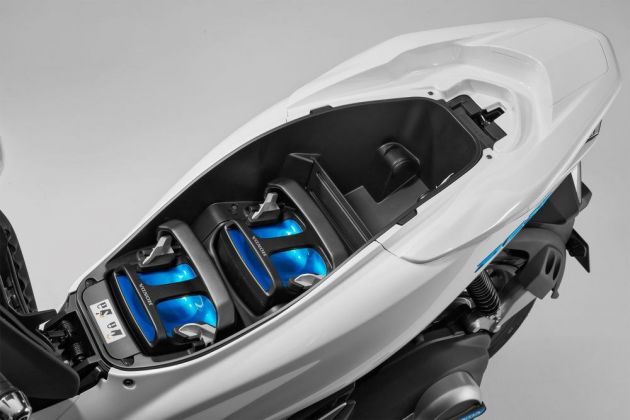Moving forward with plans to reduce carbon emissions, Indonesia will only allow electric motorcycles to be sold from 2040, while all new cars in Malaysia’s ASEAN neighbour will be electric from 2050. This was said by Indonesia’s Energy Minister Arifin Tasrif in a Reuters report.
This follows plans for the construction of a US$1.2 billion (RM4.96 billion) manufacturing plant for electric vehicle batteries in Bekasia, West Java by the Indonesia Battery Corporation (IBC) and an LG Group-led consortium. A target for the production of 600,000 electric vehicles and 2.445 million electric motorcycles by 2030 was also previously announced.
This in line with Indonesia’s plans to become an electric vehicle global manufacturing hub, leveraging on its abundant natural resource of nickel laterite ore used in lithium batteries. It was also announced earlier this year Indonesia intends for the country to be carbon-neutral, with all coal-powered power plants to be retired by 2056.
Indonesia, notably in the capital city of Jakarta, has long struggled with issues of congested traffic and air pollution. Targets for electrified cars and bikes aims to reduce CO2 emissions in the country by 2.7 million tonnes from four-wheeled vehicles, and 1.1 million tonnes from two-wheelers through the use of fiscal and other incentives.
However, the internal combustion engine isn’t quite going away in Indonesia just yet. “We don’t have any policy to stop (usage) of internal combustion engine, just the utilisation of electric vehicles, with incentives,” said Dadan Kusdiana, Director-General of Renewables at the ministry. Indonesia’s Gojek ride hailing service said in April every vehicle on its platform, two- and four-wheeled, will be electric by 2030.
There are more than 15 million cars and 112 million motorcycles on Indonesia roads, according to 2019 data. Over the past 10 years, the Indonesian market saw an average of 6.5 million motorcycles and 1 million cars per year sold.
The post Indonesia wants only electric vehicles by 2050 appeared first on Paul Tan's Automotive News.




0 Comments